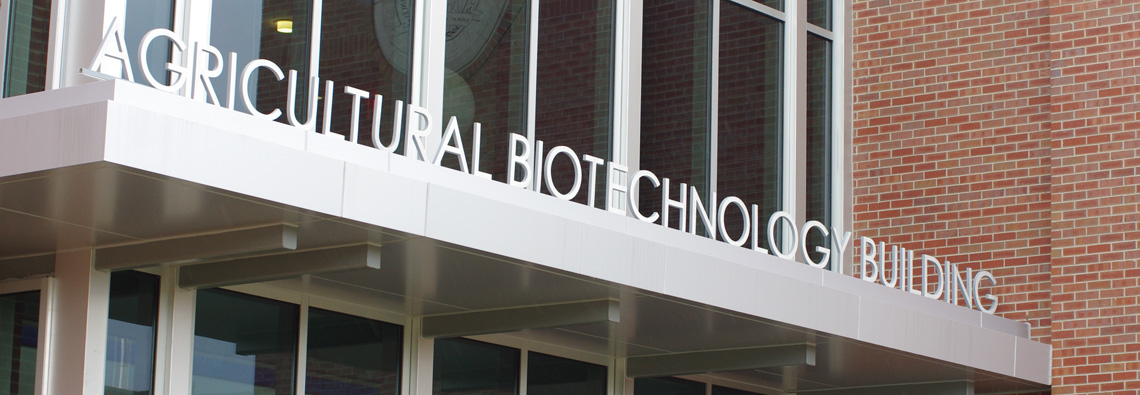By Alexis Clark
Tennessee State University’s wetland is crucial to the health of both water resources and wildlife in North Nashville. TSU graduate student Devin Moore said that’s why he is grateful to be able to participate in research of the TSU wetland project, ultimately benefiting local Nashville communities.
Moore’s study of TSU’s wetland is made possible through a $6 million grant from the 1890 Center of Excellence Land. The award is for three years and will provide critical research on creating a quality environment that mitigates the impact of climate change in Tennessee, across the nation and globally.
“Through the funding from the Center of Excellence (COE) we have been able to measure and analyze some of the toxins in the water through new progressive technology,” Moore said.
Moore is receiving a master’s degree in agriculture with a focus on environmental sciences and is currently researching harmful algal blooms in the TSU Wetland and at the Ted Rhodes Golf Course in North Nashville.
Wetlands have their own distinct ecosystem that can help advance the knowledge and resolutions to complex problems, including those related to climate change. According to scientists, extensive training and research is needed to solve these environmental issues.
“I am excited for the research that I am doing,” added Moore, who obtained his bachelor’s degree from Yale University. “As someone who came from a social sciences background, it is nice to be around people who are experts in their field and are willing to sit down with me and bridge the gap,” he said.
“It feels like what we’re doing could have some big global implications. I am grateful and thankful for the COE and everything they have enabled us to do.”
College of Agriculture Dean Chandra Reddy, who also serves as director of research, said the university was granted this opportunity in 2022 by the U.S. Department of Agriculture due to its faculty expertise and capacity to manage the funds.
“Using our expertise within TSU and with our partners, we want to come up with some ideas and concepts, ways that we can mitigate the impact of climate on our famers and citizens. That’s the bigger goal, but to achieve that you need long term research, continuous support and build at capacity,” Dr. Reddy said.
The COE consists of more than 20 faculty members, scientists, PhD, master’s, and undergraduate students. It is an investment that helps increase rural prosperity and economic sustainability of food systems in underserved farming communities, according to the U.S. Department of Agriculture’s (USDA) National Institute of Food and Agriculture (NIFA) Acting Director Dr. Dionne Toombs.
“Our goal is to really get the data generated, analyzed, and shared with the public and the funding agencies, and impress them in such a way that we get additional funding to create a physical space for students and experts to conduct extensive research in some of the most pressing environmental issues facing society,” Reddy said.
Experts at the Center of Excellence are working on a variety of research projects ranging from renewable energy to animal sciences. TSU scientists are currently researching national issues such as how climate change impact seagrass production and greenhouse gas emissions. University scientists are also researching winter canola oil varieties that will work well for Tennessee farmers, and new export crops for the region such as grain amaranth used as chicken food.
Champagne Cunningham, a master’s student who plans to become a freshwater ecologist after graduating this May, is also doing research in Nashville on harmful algal blooms.
“Being able to say I am a part of a research group or a center that is doing such outstanding real-world groundbreaking research is interesting,” Cunningham said. “We get lots of hands-on experience. Because of TSU, I am learning techniques that will help me long term and secure a job as an ecologist.”
TSU’s College of Agriculture is collaborating with four other HBCUs that make up the 1890 Center of Excellence. They are Alabama A&M University, Southern University, Florida A&M University and Langston University, to host the 1890 Center of Excellence.





